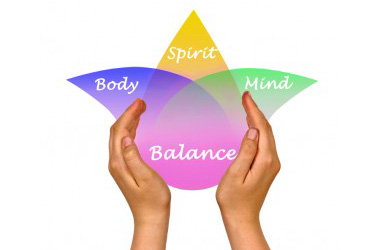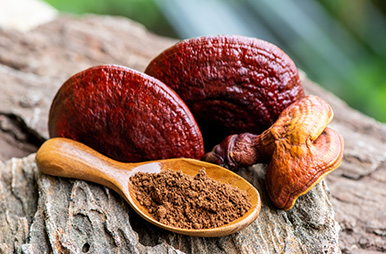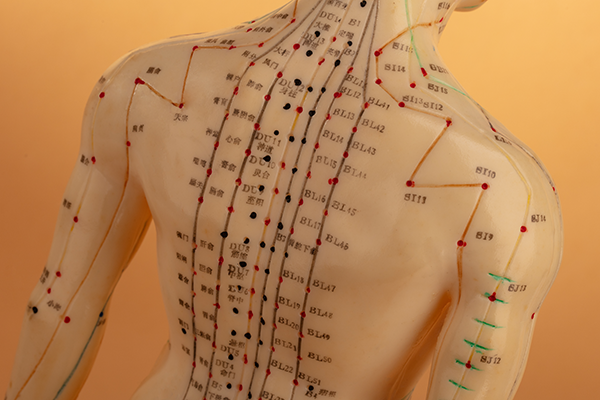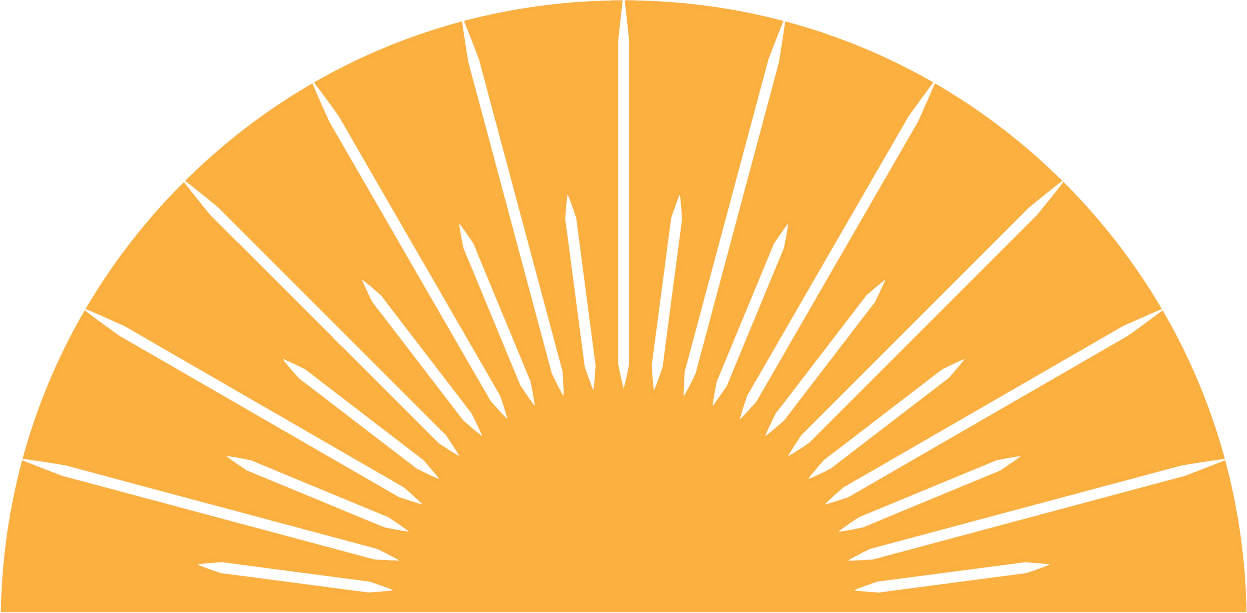
What Does Holistic Mean?
A term that has become popular recently is holistic, yet a portion of the population doesn’t truly understand the definition of the word. We often hear about a holistic approach, holistic medicine, holistic healing; but without understanding the terminology, it is impossible to comprehend what that means.
While it is true that the word can be broken down to its root, this doesn’t quite capture its full meaning. Since this is a word that is used quite often with patients and practitioners at Above & Beyond Acupuncture in Scottsdale, AZ, we wanted to take some time to provide a proper definition.
The Definition of Holistic
The Merriam-Webster dictionary defines holistic as:
“relating to or concerned with complete systems rather than with individual parts”.
The second part of the definition reads:
“as relating to or concerned with wholes or with complete systems rather than with the analysis of, treatment of, or dissection into parts”.
(Source: Merriam-Webster)
When the term holistic is applied to medicine, health, and healing, it describes an approach that is focused on treating the entire body as a whole. This is in direct opposition to the Western medical approach that has created an extensive list of specialists that treat certain parts of the body. Eastern medicine is based upon a purely holistic approach as it is primarily concerned with the body in its entirety.
Is Acupuncture Holistic?
Acupuncture, along with Chinese herbs, is a part of Traditional Chinese Medicine (also known as TCM). The approach and perspective that acupuncture takes is completely holistic as it treats the entire body. This allows for the treatment and resolution of many different ailments.
When a patient comes to Above & Beyond Acupuncture, a licensed practitioner will perform a lengthy intake asking a variety of questions. This process will provide important information about what may be causing the disharmonies being experienced.
Due to its holistic nature, the intake will cover many different aspects that will include physical as well as mental health. The information acquired is then used to provide a diagnosis and treatment protocol.
Related Posts

Resources
3 min read
The Importance of Receiving Acupuncture from a Licensed Acupuncturist
A licensed acupuncturist uses specific information obtained during an intake consultation and examination that allows them to create a treatment plan.
Read More


Nutrition
3 min read
The Amazing Benefits of Reishi Mushrooms
Imagine a mushroom so powerful that it contained much greater benefits than most. Do you think it sounds too good to be true? It is not.
Read More


Resources
2 min read
Five Best Books on the Art of Acupuncture
Whether you are an aspiring practitioner or just plain curious about what it is, these resources will, no doubt, enlighten you on the art of acupuncture.
Read More

